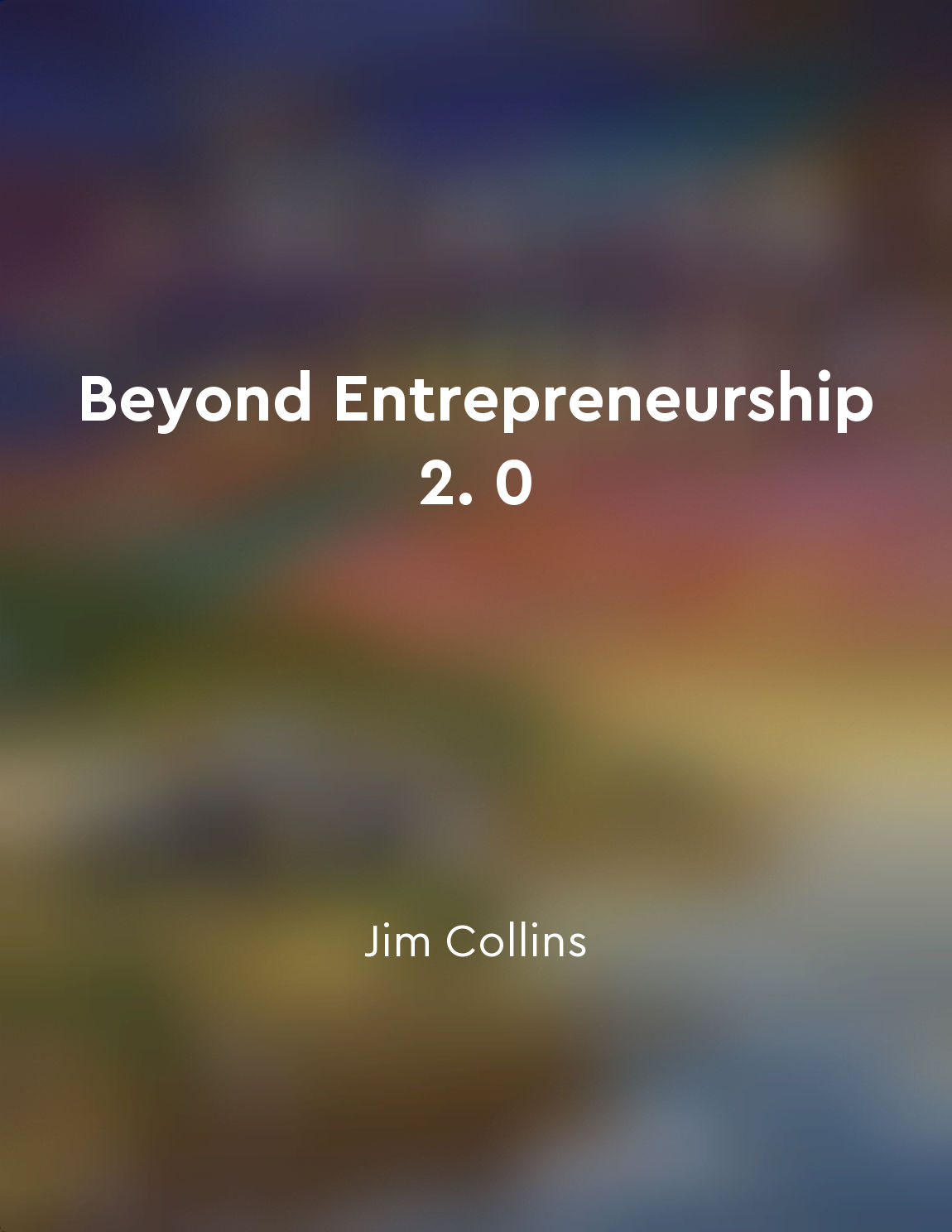Intangible assets are nonrivalrous and non-exclusive from "summary" of Capitalism without Capital by Jonathan Haskel,Stian Westlake
Intangible assets, unlike physical goods, can be used by multiple people or firms at the same time without being used up or becoming less valuable. This nonrivalrous nature makes them distinct from traditional tangible assets like machinery or buildings, which can only be used by one party at a time. For example, a software program can be used by many users simultaneously without diminishing its value or usability for any individual user. Moreover, intangible assets are non-exclusive in that they are often difficult to protect from being used by others without permission. While physical assets can be physically owned and controlled, intangible assets like intellectual property or brand reputation can be easily imitated or replicated by competitors. This lack of exclusivity means that firms investing in intangible assets may struggle to capture the full value of their investments, as others can benefit from the same assets w...Similar Posts
Network marketing offers opportunities for additional income
Network marketing is a unique business model that allows individuals to earn income by selling products or services to their ne...
Environmental concerns are increasingly influencing trade policies
The intersection of environmental concerns and trade policies is becoming more pronounced in the modern world. Governments and ...

Challenge traditional thinking
Traditional thinking can be a dangerous trap that stifles creativity and progress. It is the easy path, the well-trodden road t...

Emphasize the importance of execution over strategy
The heart of execution is turning intentions into reality. It is about translating strategy into action, about making things ha...
Follow your own path instead of trying to imitate others
Imitation is a dangerous game. If you're just copying everyone else, you'll never be more than a pale imitation of the original...
Creating a solid pitch deck is key
Crafting a strong pitch deck is absolutely essential when it comes to raising funds for your startup. This visual presentation ...
Start from scratch
To build a successful business, it is essential to start from scratch. This means creating something entirely new, rather than ...
Understanding customers’ needs is crucial for a successful business model
To build a successful business model, it is imperative to understand the needs of customers. This fundamental concept lies at t...

Industries were upended by technological advancements
Technological advancements have a history of causing chaos in the business world. The ability of new technology to disrupt esta...
Blue Ocean Strategy encourages companies to innovate beyond current industry boundaries
Blue Ocean Strategy challenges companies to break away from the cutthroat competition that characterizes the traditional "red o...
